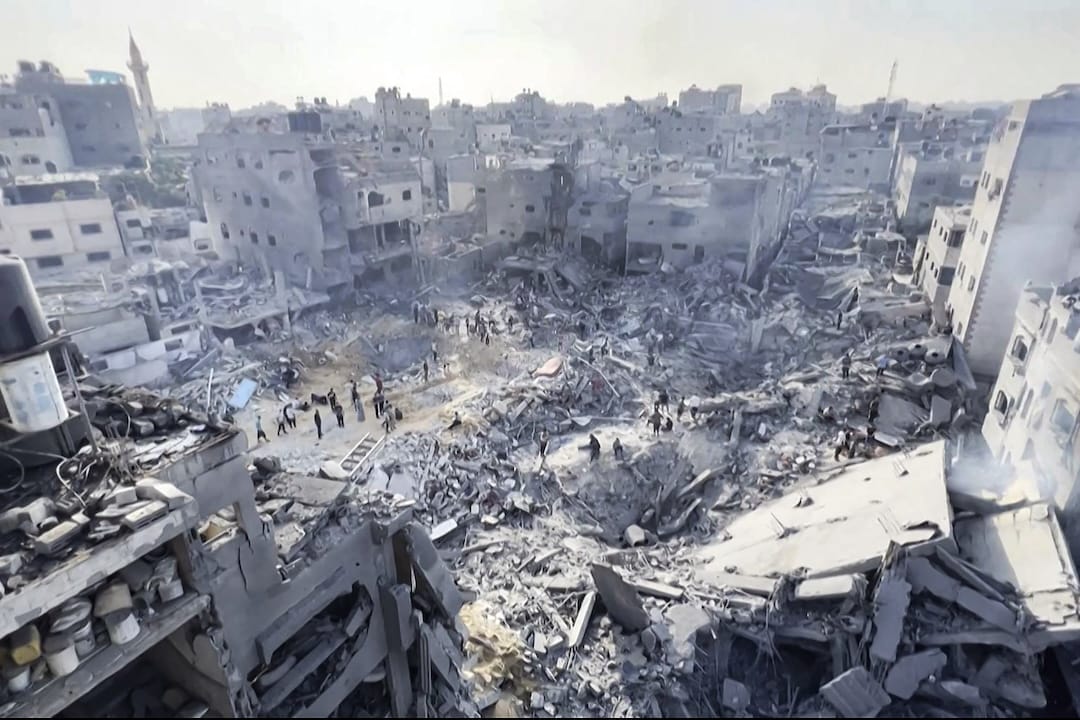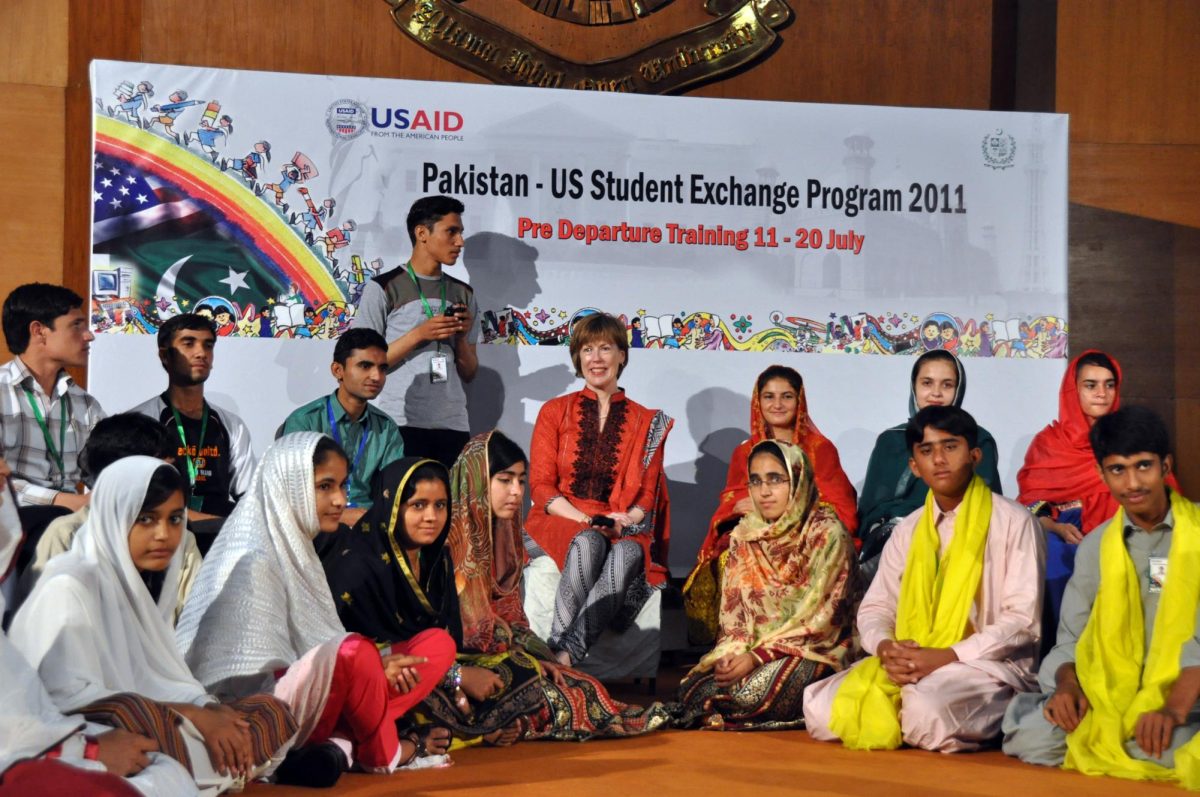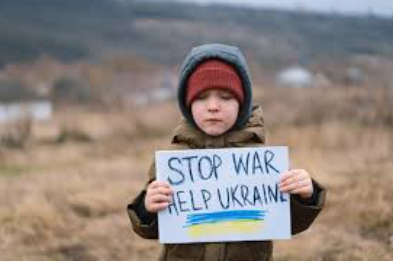In a case that hit the core of Israel’s identity, South Africa accused Israel of committing mass genocide against the Palestinians and pleaded with the nation’s court order to immediately stop Israel’s military operations in Gaza. Israel was discovered in the aftermath of the holocaust and has very boldly denied the allegations. As an indicator of how seriously they regard the case, Israeli leaders have taken the step of communicating with the courts to protect their international reputation. Israel often vetoes international tribunals or U.N. investigations, saying that they aren’t fair and biased.
During opening statements at the International Court of Justice, South African lawyers stated that the latest Gaza war is part of decades of Israeli Subjection of Palestinians. The court “has the benefit of 13 weeks worth of evidence that shows undeniably a pattern of conduct and related intention” that amounts to “ a plausible claim of genocidal acts,” Adila Hassim told the judges and audience in a room of the peace palace of the Hague.
Prime Minister Benjamin Netanyahu blasted the case and pledged to continue fighting Hamas, the militant group whose fighters stormed through the Israeli communities on October 7th and killed 1,200 people, mainly civilians. “This is an upside-down world, the state of Israel is accused of genocide while it is fighting genocide,” he said in a video statement. “The hypocrisy of South Africa screams to the heavens.”
Recently Germany has been providing backup and support in the genocide case. The German government heavily rejected the allegations before the UN’s top court that Israel is committing genocide and was warned against “political instrumentalization” of the charge, as it was announced it would intervene as a third party before the Court of Justice. Government spokesman Steffen Hebestreit stated that Israel was “defending itself” after the “inhuman” onslaught by Hamas on October 7th. He stated that Germany would step in as a third party before the International Court of Justice under an article allowing the states to seek clarification on the use of a multilateral convention.









